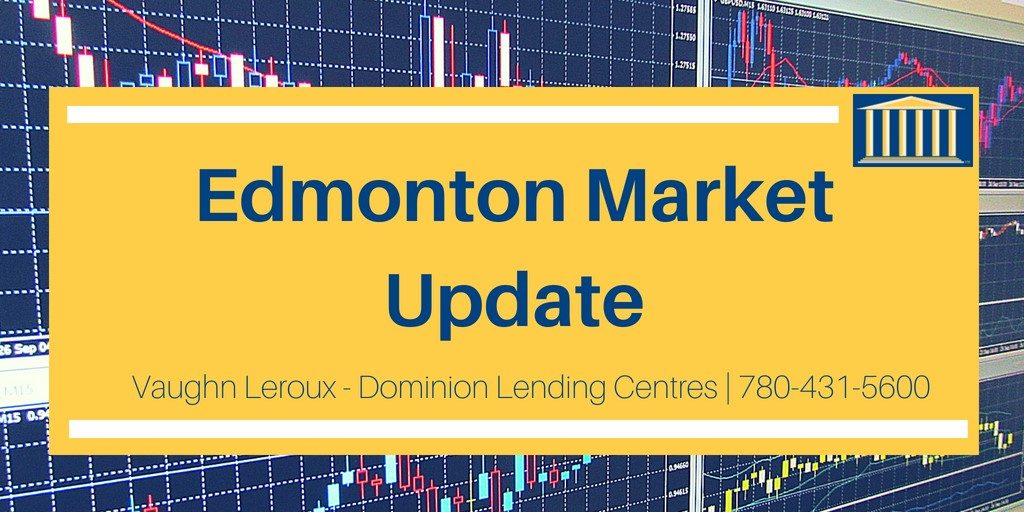The recent Edmonton City Council vote to keep infill developments at a maximum of eight units per site has sparked widespread discussion among residents and industry experts alike. For homebuyers and investors in Edmonton, this decision could mean more housing options in established neighborhoods, but what does it really imply for your mortgage journey? As Vaughn Leroux, Owner and Broker of Dominion Lending Centres Lender Direct with over 22 years of experience, I believe this policy reinforces the importance of strategic mortgage planning to leverage market opportunities.
What Happened in the Council Vote?
Edmonton City Council debated reducing the infill unit cap from eight to six, aiming to address concerns about neighborhood density and infrastructure strain. Ultimately, the vote favored maintaining the status quo, allowing developers to continue building multi-unit properties like row houses or apartments on single lots. This outcome, reached after heated discussions, prioritizes housing supply amid Canada’s ongoing affordability crisis.
From a mortgage broker’s perspective, this is a win for accessibility. Higher infill limits can increase the inventory of affordable units, potentially making it easier for first-time buyers to enter the market. According to recent housing data, cities with flexible infill policies have seen a 12% rise in entry-level property availability over the past two years.
Impacts on the Edmonton Housing Market
Maintaining the eight-unit cap is likely to accelerate infill projects, transforming underutilized lots into vibrant, multi-family dwellings. This could lead to:
- Increased Supply and Affordability: More units mean more choices for buyers, which may help moderate price growth. For those eyeing a home purchase, this translates to potentially lower down payments and more favorable mortgage products.
- Neighborhood Revitalization: Infill developments often enhance community amenities, boosting property values over time. This is particularly relevant for refinancers looking to tap into home equity for renovations or debt consolidation.
- Challenges for Some Buyers: While supply grows, competition in popular areas might intensify, underscoring the need for pre-qualification to strengthen offers.
As an experienced Edmonton mortgage broker, I’ve guided countless clients through similar market shifts. One client, a young family, used our access to 100+ lenders to secure a low-rate mortgage for an infill townhome, saving thousands in interest.
Mortgage Strategies in a Post-Vote Landscape
With this decision, now is an ideal time to explore mortgage options. At Dominion Lending Centres Lender Direct, we emphasize unbiased advice tailored to your situation. Consider these steps:
- Get Pre-Qualified: Use our free My Mortgage Toolbox app to calculate affordability and estimate closing costs without a credit check. Download it here.
- Explore Refinance Opportunities: If you’re a homeowner in an infill-heavy area, rising values could unlock home equity loans. Learn more on our refinance page.
- Renew or Switch Wisely: For those facing mortgage renewal, compare rates across lenders to ensure long-term security. Check our renewal resources.
|
Mortgage Type
|
Potential Impact from Infill Vote
|
Key Benefit
|
|
Home Purchase
|
More multi-unit options available
|
Lower entry barriers for first-time buyers
|
|
Refinance
|
Increased property values
|
Access to equity for improvements
|
|
Reverse Mortgage (CHIP)
|
Stable senior housing market
|
Financial flexibility without monthly payments
|
|
Commercial Mortgage
|
Boost in mixed-use developments
|
Opportunities for business financing
|
Client Success Stories
Drawing from over 22 years in the industry, I’ve seen policies like this empower clients. A recent case involved a couple refinancing their infill property to fund a home addition—our team secured a rate 0.5% below their bank’s offer, enhancing their financial security.
For deeper insights, read our latest news on market trends at
our blog. External resources like reports from the Canada Mortgage and Housing Corporation highlight similar trends nationwide.
Looking Ahead: Empowering Your Mortgage Decisions
As Edmonton’s real estate evolves, partnering with a trusted mortgage professional like myself at Dominion Lending Centres Lender Direct ensures you’re positioned for success. Whether you’re buying, renewing, or exploring commercial leasing, our network provides broader choices and expert guidance.
Contact me, Vaughn Leroux, today for a free mortgage review at 780-970-4442 or via our
contact form. Let’s discuss how this infill decision can benefit your financial future.
